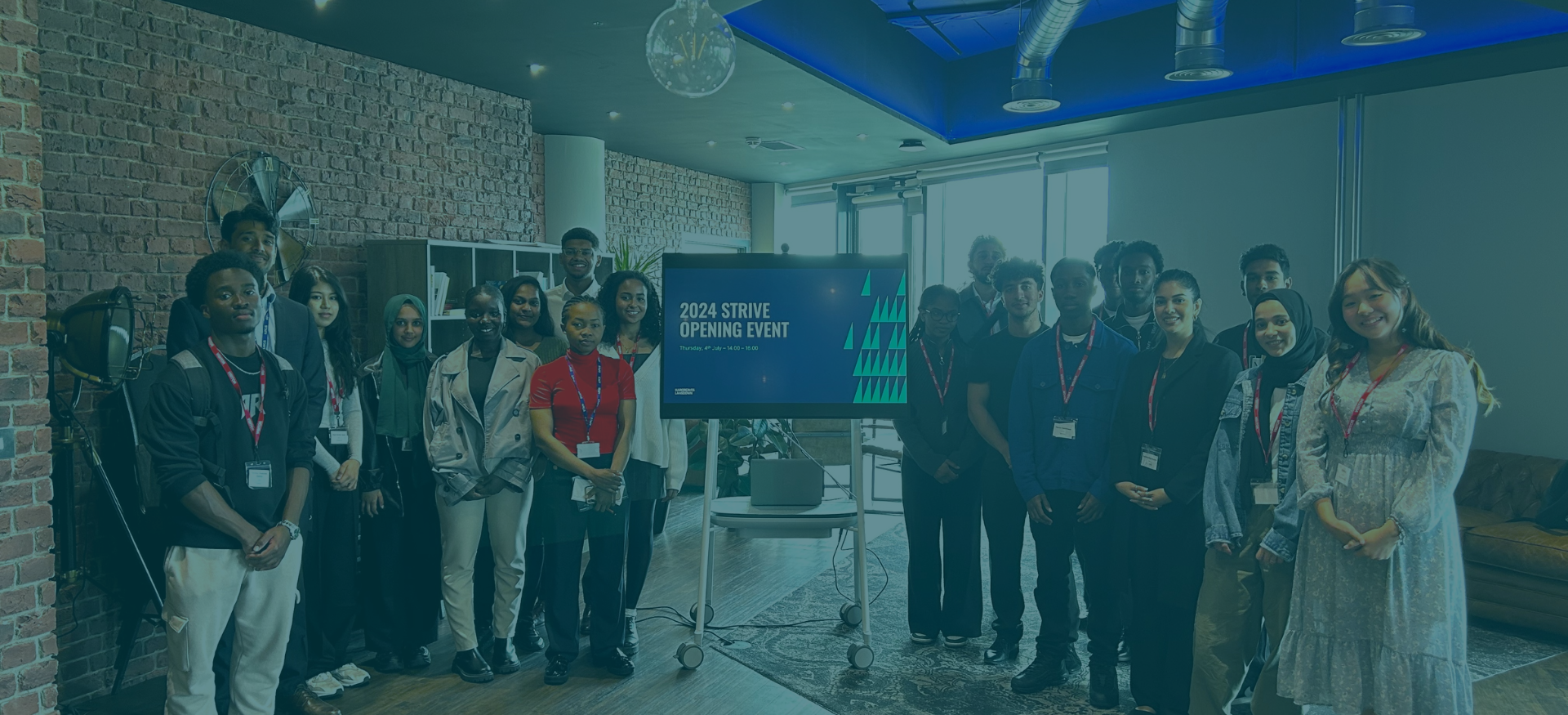
The 100-Year Life: A New Perspective on Ageing
Posted January 9, 2025The prospect of living to 100 is now increasingly realistic in today’s day and age.
This is a topic I’ve been exploring a lot as I believe it’s crucial for the UK government and defence sector to get to grips with this and adapt to this new reality if they’re to harness the full potential of a multigenerational workforce.
In my previous blog, I explored the concept of the 100-year life and how advancements in healthcare, lifestyle changes, and technology are enabling people to live longer, healthier lives. In this next instalment, I’m taking a deeper dive into this topic thanks to exciting new research published in Nature Ageing, which reveals that baby boomers are now ageing so slowly that 70 really is the new 60.
So let’s take look…
The Slow Ageing Phenomenon
Recent studies have shown that the biological markers of ageing are shifting, particularly for the baby boomer generation. This research indicates that individuals in their 70s today exhibit health and vitality levels comparable to those in their 60s a few decades ago
This shift can be attributed to several factors:
- Improved Healthcare: Advances in medical science have significantly enhanced the management of chronic diseases and preventive care.
- Healthier Lifestyles: Increased awareness of the importance of diet, exercise, and mental well-being has led to healthier lifestyle choices.
- Technological Innovations: Wearable technology and telemedicine have made it easier for individuals to monitor and manage their health proactively.
What This Means for Society
I believe the implications of this slow ageing phenomenon are profound.
As people live longer and healthier lives, we can expect to see changes in various aspects of society such as:
- Workforce Dynamics: With people remaining healthier for longer, the traditional retirement age may shift, allowing for extended careers and new opportunities for lifelong learning and development.
- Healthcare Systems: There will be a growing need for healthcare systems to adapt to the needs of an ageing population, focusing on preventive care and chronic disease management.
- Social Structures: Communities and families will need to adjust to the reality of multi-generational living, with more active and engaged older adults.
Embracing the Future
As we continue to understand the science of ageing, it becomes clear that our perceptions of age and vitality are evolving. The idea that “70 is the new 60” is not just a catchy phrase but a reflection of the remarkable progress we have made in extending the healthy years of life.
And that means that we must look to the over 50’s as a viable and long-term career group that will be critical to the health of the UK employment market.
More thought needs to be given to attracting and mobilising this generation.
The journey towards a 100-year life is not just about adding years to life but adding life to years. By embracing healthier lifestyles, leveraging technological advancements, and adapting our societal structures, we can look forward to a future where ageing is not something to be feared but celebrated, and where our working lives will extend well into our 70’s for many of us.
What this means for the Government & Defence sector
Specifically, to the world that we service, I think real thought and time needs to be given to the following points:
- How to harness multi-generational talent
- Adapting workforce policies to make them fit the generations (hire to retire policies etc…)
- Improved Health and Wellbeing policies to enable a positive extended working life
- Learning and development initiatives that enable reskilling later in careers
With well documented Digital, Data, Cyber skills shortages across the Defence and Government sectors in the UK now is the time to harness the potential of the extended working life, I really believe it will be a critical skills channel of the future.
If you would like to discuss this topic further, please don’t hesitate to get in touch with me.
